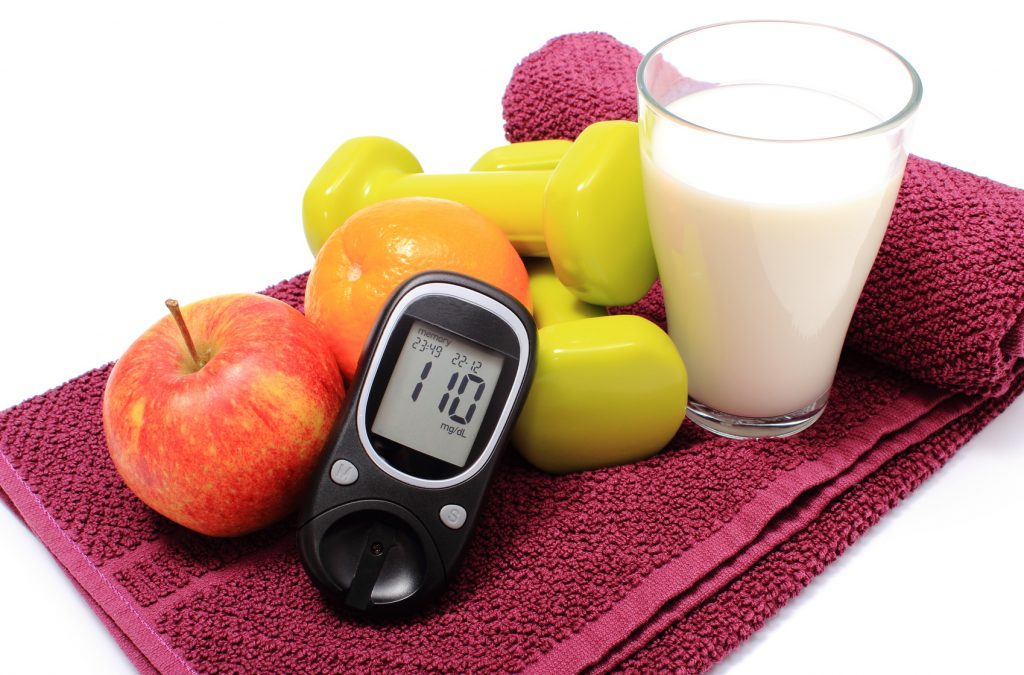Why Should You Make Your Fruit and Vegetable Selection Colourful?

Many people often say that you eat first with your eyes. Selecting a menu full of colour not only makes your meal more appealing to the visual senses, it will benefit your health too. Different colours of foods generally mean that it contains different vitamins and minerals. When you think about it, no one single…
Preventing infection and maintaining immune function using nutritional strategies

It is well documented that moderate exercise prevents many infections and greatly improves immune system function. In contrast, among elite athletes who train at a faster pace and at a higher intensity, the risk of illness increases significantly and the effectiveness of the immune system to fight infections is reduced. Other factors, including exposure to…
Tips for Back to School Nutrition and Physical Activity

While this has been an exciting summer in sport, September brings us back to the classroom. This time of year reminds us that it is time to return to learning and it’s time to consider the best way to fuel the body and mind to optimize school lessons and the learning environment. How can we…
Protein – How much does an athlete really need?

Training and nutrition go hand in hand, as muscle growth happens only when exercise and diet are combined. A question that comes up often among athletes and weekend warriors alike is one that centres around protein intake, specifically how much and are supplements necessary? Protein, at its most simple, is a combination of amino acids….
Problem-solving Past a Tough Run

Spring has finally arrived and avid runners are signing up for races, lacing up their shoes, hitting the great outdoors and setting their goals. With the eagerness that comes with sunshine and warmer temperatures, having a workout where nothing seems to go right can sometimes take a bite out of your confidence. There are many…
What I Wish I Knew Then – 5 Lessons Learned from a High Performance Athlete

Sport teaches us innumerable lessons. When I reflect on my own sporting journey, I cringe at some of the mis-steps I took as a younger athlete. This is not to say that today I’m past the point of making mistakes. Some of us are slow learners after all, and even those of us with years…
The Diabetic Athlete

More than 382 million people worldwide, and 10 million Canadians, are living with Diabetes Mellitus, more commonly known as diabetes. There are three different types of the chronic disease, but most athletes seem to have either Type 1 or Type 2 diabetes. Type 1 is when the pancreas fails to produce enough insulin for the…
You Are What You Eat- The Importance of Post-Training Nutrition

Many athletes focus on the technical and conditioning aspects of their sporting experience, yet nutrition is an equally important part of athletic success. Post-training nutrition is especially critical, as it helps the body recover and recharge. Timing is also important; studies show that food consumed within 30 minutes of exercising will have a significant effect…
Feeling the heat? Stay safe this summer with these cool tips!

The hot summer weather is finally settling in and people are heading outdoors for their workouts and enjoying recreational activities with their families. Everyone loves this time of year; there are so many opportunities for physical activity whether it’s a relaxing nature walk or an intense game of soccer. When extreme heat hits though, it’s…
Should Athletes try the Paleo Diet?

The Paleolithic Diet is hugely popular right now with its proponents touting its benefits through books, websites, personal blogs and health and fitness magazines. Athletes are always striving to gain an edge so it’s not surprising that many are turning to this diet in the hopes that they will improve their race performance. What’s the…